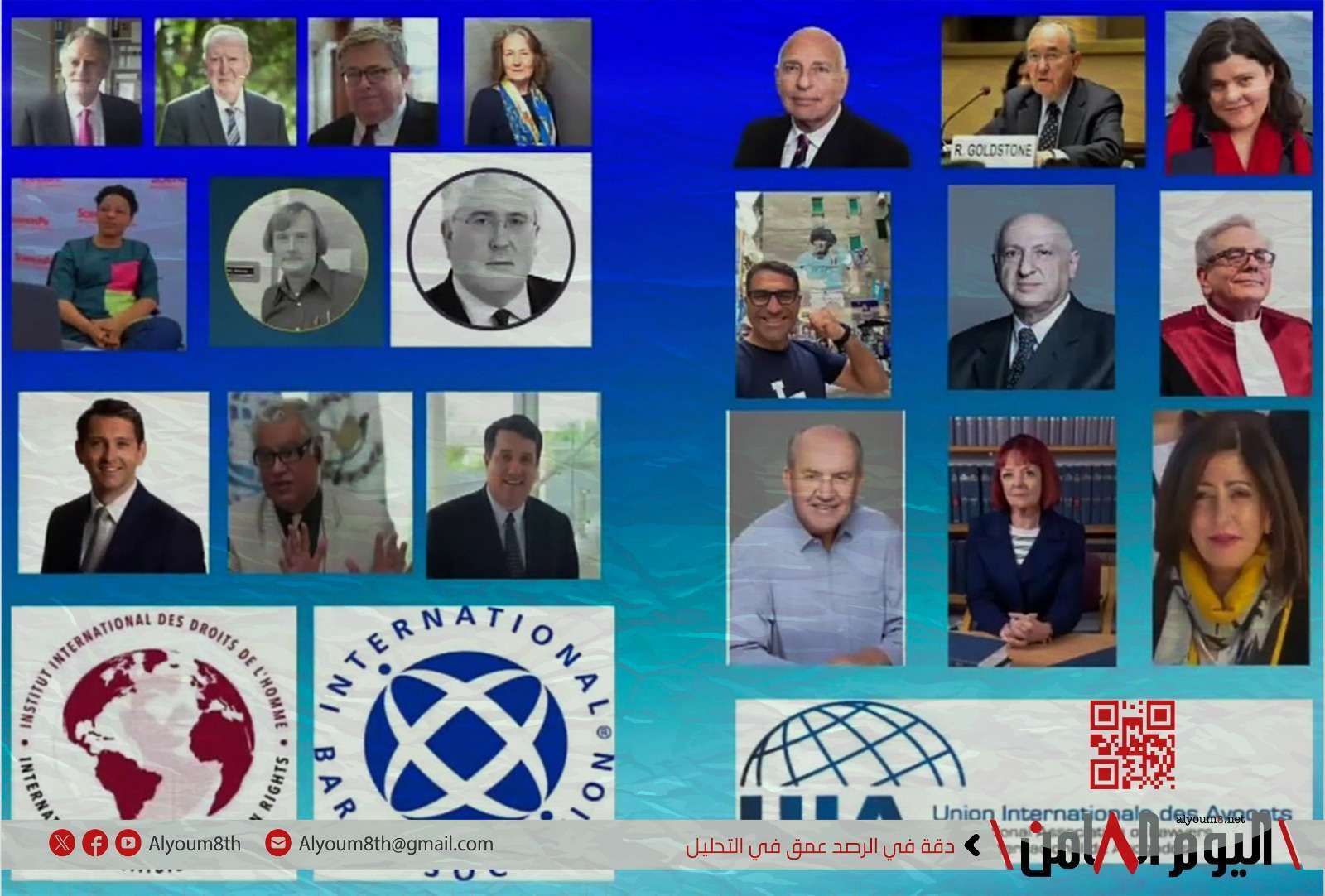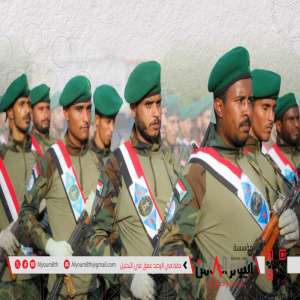"Prominent international jurists condemn repressive judiciary."
Iran's regime… A spurious legal maneuver to intensify repression by prosecuting dissent abroad
"Iran's judiciary, known for politically motivated executions and imprisonment of opposition lawyers, intends to use this pseudo-legal maneuver to intensify repression inside Iran and expand its repression of its opponents beyond Iran's borders," they noted, noting that: "The aim is to exploit Interpol to extradite members of this opposition group who are currently outside Iran."

453 professors, lawyers and legal institutes from around the world condemned the mullahs' regime's judiciary as a tool to suppress Iranian dissent
The Iranian judiciary is a corrupt institution that caused the execution of tens of thousands of innocent people during the 44 years of the dictatorial rule of the mullahs' regime, and this bad reputation has become known worldwide, and the bias of the Iranian judiciary has become reprehensible and denounced by international human rights organizations. Today, 453 professors, lawyers and legal institutes from around the world have condemned the mullahs' judiciary as a tool to suppress Iranian dissent. In a statement, they strongly criticized the regime's files against 104 MEK men sentenced to death by the mullahs four decades ago. "Given the Iranian regime's history of executions, our concern has been heightened by the Iranian authorities' public statements in the past, declaring all MEK affiliates to be combatants and subject to execution," the human rights defenders wrote in their statement. "According to reports by international human rights organizations, tens of thousands of MEK members and supporters in Iran have been executed on baseless charges such as "AL- Haraba"," the statement adds. Referring to the massacre of more than 30,000 political prisoners in Iran, human rights activists wrote: "In 1988, Khomeini issued a fatwa and demanded the execution of all political prisoners who remained committed to their position in support of this organization, and this has been well documented by human rights and judicial research organizations in Europe." Iran's current president, Ebrahim Raisi, was one of the key members of Tehran's death committee, which killed several thousand prisoners in a few weeks, and many others were executed across the country during the 1988 massacre for refusing to deny their political affiliation with the MEK. "Iran's judiciary, known for politically motivated executions and imprisonment of opposition lawyers, intends to use this pseudo-legal maneuver to intensify repression inside Iran and expand its repression of its opponents beyond Iran's borders," the lawyers said in their statement, noting that: "The aim is to exploit Interpol to extradite members of this opposition group who are currently outside Iran." In previous similar efforts, several complaints have been filed in France by Iranian regime affiliates against opposition members, but after several years of investigation, they were declared invalid for lack of evidence. Referring to the regime's international terrorism, the statement said: "Iran's disregard for international laws was evident during the trial of one of its diplomats working in Belgium on terrorism charges, who was sentenced to 20 years in prison for bringing a bomb in a diplomatic package for blowing up a gathering of the National Council of Resistance of Iran in the suburbs of Paris in June 2018." In their statement, the lawyers noted "the need to support the MEK stationed in Ashraf 3 in Albania," and stressed: "Given that most of the 104 people are currently refugees in Albania, we express our deep concern that on June 20, 2023, based on the Iranian regime's allegations, police attacked Ashraf 3, the headquarters of thousands of MEK members." "As lawyers, law professors and experts in the field of law, we condemn the Iranian regime's clear disregard for international laws and human rights, and we call on the relevant authorities in democratic countries in Europe and other countries to publicly condemn the repressive measures taken by the Iranian regime against members of the MEK as judicial proceedings, and to ensure that Iranian dissidents enjoy their full human rights in Europe and around the world. against humanity, especially the massacre of 30,000 political prisoners in 1988, most of them members and supporters of the MEK." They called on the relevant authorities in the democratic countries of Europe and other countries to "provide basic human and political rights to the MEK refugees in Ashraf 3 in Albania as defined in the 1951 Geneva Convention, the European Convention on Human Rights, the International Covenant on Civil and Political Rights, and other international laws, including this issue, as emphasized by the Prime Minister of Albania in a 2016 letter to the Vice-President of the European Parliament, to ensure their freedom of expression and assembly, and this would also promote the accession of the Albania to the European Union, and this is in line with preserving our values and the rule of law." The statement was signed by 453 renowned international lawyers, including: _ Geneva International Association of Human Rights Lawyers _ World Institute of Human Rights in Switzerland _ Professor Martti Kaskenemi from the University of Helsinki _ Eric Castern, Director of the Institute of International Law and Human Rights _Professor Robert Goldman, former President of the International Commission of Jurists _ Professor Christian Tomochat, President of the Court of Arbitration and Conciliation of the Organization for Security and Cooperation in Europe until 2019 _ Professor Stephen Trechsell, Judge of the International Criminal Court and former President of the European Commission of Human Rights _ Stanisla Pavlovich, judge of the European Court of Human Rights until 2019 _Stephen J. Raab, Prosecutor of the United Nations Special Court for Sierra Leone and U.S. Ambassador for Global Criminal Justice until 2015



